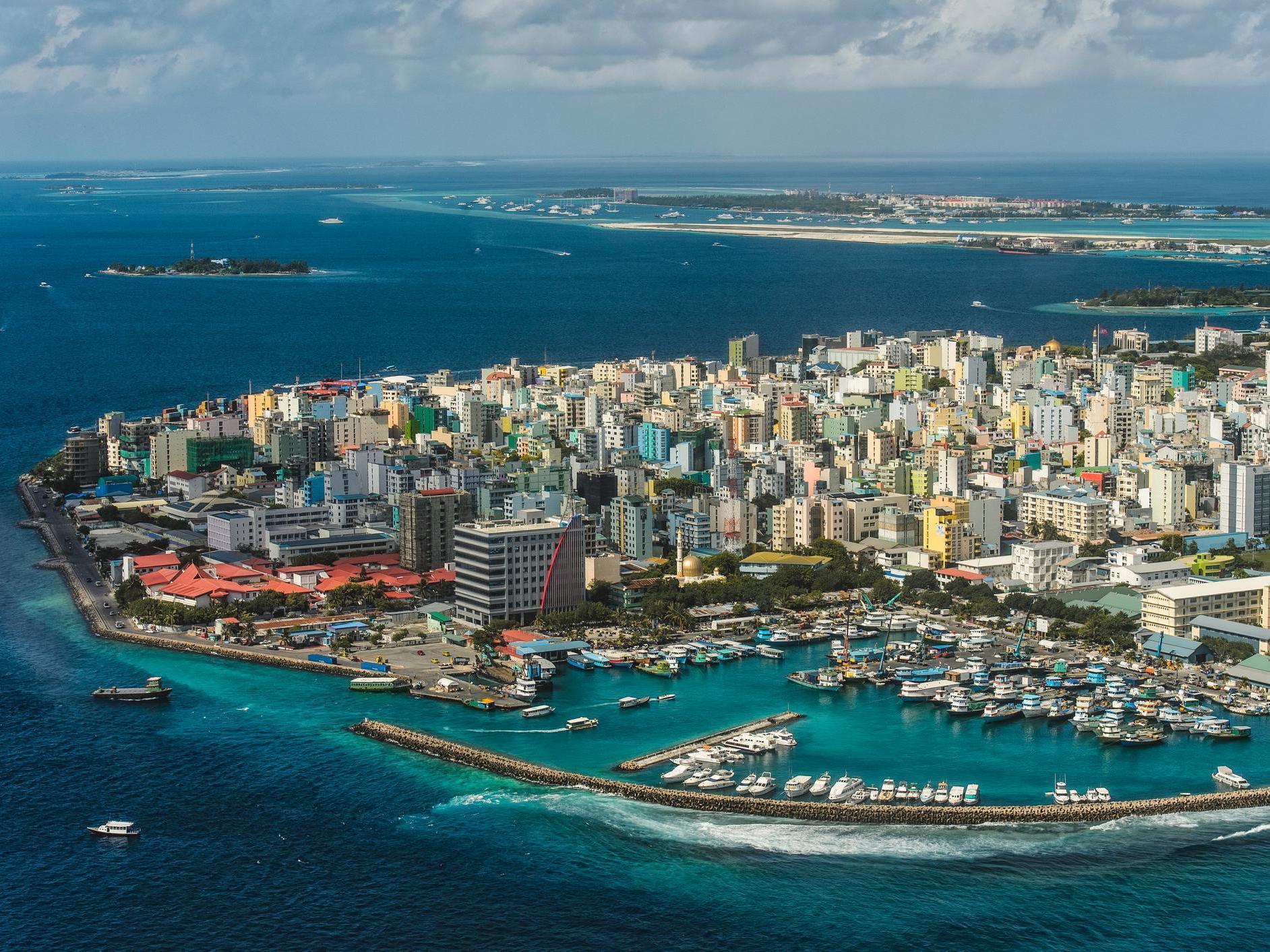Maldives: Is it safe to visit and how will the state of emergency affect tourists?
UK ambassador says airlines are operating as normal

Your support helps us to tell the story
From reproductive rights to climate change to Big Tech, The Independent is on the ground when the story is developing. Whether it's investigating the financials of Elon Musk's pro-Trump PAC or producing our latest documentary, 'The A Word', which shines a light on the American women fighting for reproductive rights, we know how important it is to parse out the facts from the messaging.
At such a critical moment in US history, we need reporters on the ground. Your donation allows us to keep sending journalists to speak to both sides of the story.
The Independent is trusted by Americans across the entire political spectrum. And unlike many other quality news outlets, we choose not to lock Americans out of our reporting and analysis with paywalls. We believe quality journalism should be available to everyone, paid for by those who can afford it.
Your support makes all the difference.The Maldives Ministry of Tourism has declared the country safe for tourists despite the government’s imposition of a 15-day state of emergency.
In a statement provided to The Independent by the Maldivian embassy in London, H.E. Mr Ahmed Shiaan, Ambassador of the Maldives to the UK said: “The Maldives remains stable following the declaration of the State of Emergency. Tourists shall not be impacted by the events taking place in the capital. All resorts throughout the nation’s atolls remain unaffected by the political impasse. Flights, hotels and other companies in the tourism sector will continue to operate as usual. The Maldives Government puts a premium on tourism safety. This will not change in the coming days.”
The small archipelago has been plunged into crisis after President Abdulla Yameen overruled a Supreme Court order to release numerous political prisoners. Many of them are opposition MPs who would diminish Yameen’s parliamentary majority if released.
These include the country’s first democratically elected president, Mohammed Nasheed, who has declared the situation imposed by his rival’s government as ‘martial law’ and requested that major regional power India send a military-backed envoy.
The Independent spoke to H.E. Mr Ahmed Shiaan regarding the ongoing situation: “The state of emergency was declared a few days back,” he said. “On 5 February evening, certain powers were suspended under the constitution, mostly related to the judiciary… the powers have [now] been given back to the judiciary.”
As reported in The Irish Independent yesterday, UN high commissioner for human rights Zeid Ra’ad al-Hussein said the restrictions “create a dangerous concentration of power in the hands of the president”.
According to the Foreign Office website: “On 5 February the Maldives government declared a state of emergency; security forces have been deployed in the capital Malé in response to political developments; if you’re in Malé, you should exercise caution and avoid any protests or rallies; there are no reports that outlying islands, resorts or Malé International Airport are affected.”
Shiaan said: “This judicial impasse between the executive and judiciary resulted in the president declaring a state of emergency. The state of emergency… only related to the judiciary. It didn’t involve the free movement or travel or freedom of expression or right to a lawyer, any of those rights. There’s no curfew, nothing. This was in order to solve a constitutional impasse.
“Things are now back to normal and the issues have been solved.”

With regards to tourism, he added “You wouldn’t see anything different. The airlines are working as normal, there are no restrictions on people’s daily lives. There is no violence or protests, which denotes that life is going on as normal. We’re not seeing any cancellations, mainly because people who visit know the situation in Maldives. Resort islands are independent. The issues we are having are executive and judiciary issues, which doesn’t impact the day-to-day working.”
A statement from the Ministry of Tourism released on 5 February said: “The Government assures the tourism and travel trade that all tourism related businesses will be operating as usual and the situation in the Maldives remains stable.
“The State of Emergency does not force any restrictions on travelling to the Maldives or within the Maldives.
“All international airports including Velana International Airport and all domestic airports, tourist resorts, tourist hotels, tourist guest houses, tourist accommodating vessels (safari boats), marinas are in full operation. International and domestic flights, sea plane operations and all modes of transport are in operation.
“Public safety is of paramount importance and the government assures the safety of the destination.”
Join our commenting forum
Join thought-provoking conversations, follow other Independent readers and see their replies
Comments